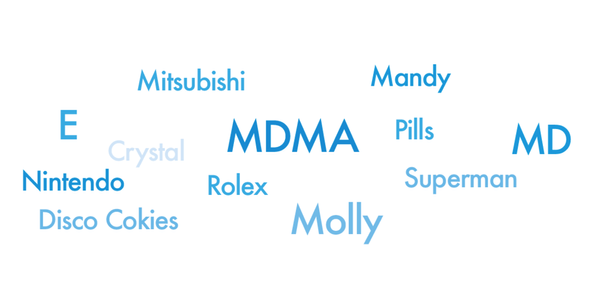Weed | The politics of legalisation
Cannabis legalisation is slowly happening around the world. The game is more political than anything else. How do we compare with the US?

USA | Hilary vs. Trump, but does it really make a difference?
In the final leg of the presidential debate a few days ago, supporters of Republican nominee Donald Trump started spreading fake memes under the hashtag #StopThePot in an attempt to mislead voters about Democratic presidential nominee Hillary Clinton's marijuana policy. Marijuana legalisation is a hot topic in the USA right now, especially amongst young people. If young, naive voters who haven't followed the election believed the memes, they might have become less likely to vote for Clinton at the ballot. Hillary Clinton and Donald Trump have shifted opinions on marijuana in recent years and although both of them seem quite cautious around the topic of recreational marijuana use, Clinton appears to have a more specific, less stigmatising stance on it than Trump.
Clinton has repeatedly stated that she wants to move marijuana from a Schedule I drug to a Schedule II drug, as well as to end incarceration of marijuana users. Trump stated that medical marijuana is something that should be considered, but legalisation should be left up to the individual states. When questioned on the effectiveness of marijuana legalisation in the state of Colorado, Trump said that it was not exactly going trouble-free and that weed could have a negative impact on people’s health and cognitive abilities.
Besides the subjective views of the presidential candidates, their campaign promises, and whether their mild pro-mj support will translate into real policies and laws, it is also worth noting that there are several important groups opposed to the legalisation of marijuana. Police departments have become dependent on federal drug war grants to finance their budget. Private prison corporations make millions by incarcerating people who have been imprisoned for drug crimes. Alcohol and tobacco companies have lobbied to keep marijuana out of reach and of course big pharma would like to keep marijuana illegal so Americans don’t have access to cheap medical alternatives to their products.
Purdue Pharma and Abbott Laboratories, makers of the painkillers OxyContin and Vicodin are among the biggest contributors to the Anti-Drug Coalition of America, and the Pharmaceutical Research and Manufacturers of America, considered one of the legalisation movement’s biggest opponents, spent nearly $19m lobbying last year.
In the end, based on what both candidates have or haven’t said during the presidential race, the national outlook for weed might not look all too different in a Clinton presidency than it would under Trump. Then again, maybe their corporate liaisons will make all the difference in the world. Agnese Abrusci
UK | Tories, Labour, Lib Dems, and Greeeeeeeeens
Whilst the argument rages around recreational marijuana use in the US, here in the UK we are having our own discussion, albeit slightly more refined and subtle than our American cousins.
Legal or decriminalised for medical usage in 25 US states, I hear many people asking, “Why is the marijuana debate so lethargic here in the UK?” Whilst there are many potential explanations, one of the most striking is the will of our political parties.
At the last general election, both Labour and the Conservatives campaigned under the banner of abstinence. With Labour opting for a catchy tagline of “We will ban the sale and distribution of dangerous psychoactive substances”. Whilst the Conservatives opted for an equally fetching “Abstinence and full recovery is the goal”. When policies such as these are quoted from the UK’s two largest political parties we can hardly expect any form of large scale drug reform.
Meanwhile, the Liberal Democrats opted for a more (perhaps unsurprisingly) liberal approach. In 2015 they campaigned under the proviso “Establish a review to assess the effectiveness of the cannabis legalisation experiments in the United States and Uruguay in relation to public health and criminal activity”, which seems to take some form of inspiration from the successes of the American model. Furthermore, the Green Party adopted a similar proposal with the manifesto quote “Adopt an evidence-based approach to step-by-step regulation, starting with cannabis”. However, it is more likely that we will hear Hillary Clinton say the words ‘Make America great again’ than we are to see a Liberal Democrat and Green Party coalition.
With the Conservative party in a shambles over Brexit and Jeremy Corbyn looking as incompetent as Ed Miliband, it likely there will be no domestic reform regarding marijuana use. With the two major political parties of the UK distracted by issues such as these, don’t expect any far reaching drug reform policy in the foreseeable future. Currently, the marijuana debate appears to have been put in the corner like a naughty child.
Although here in the UK we often view ourselves as more liberally progressive than our counterparts in the US, it appears that this time, due to the insufficient will of our politicians, those across the pond may actually beat us to it. FelixTeam









